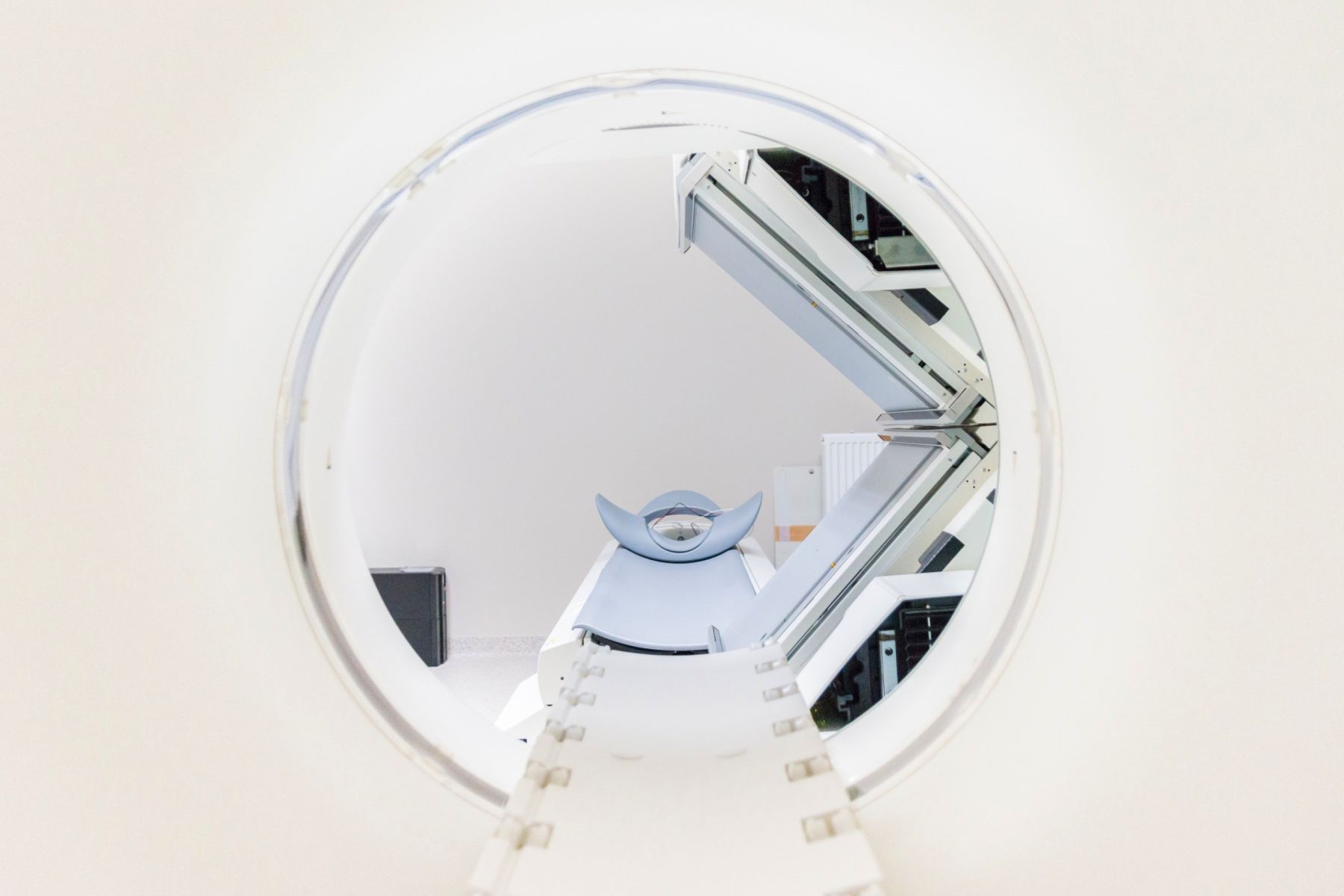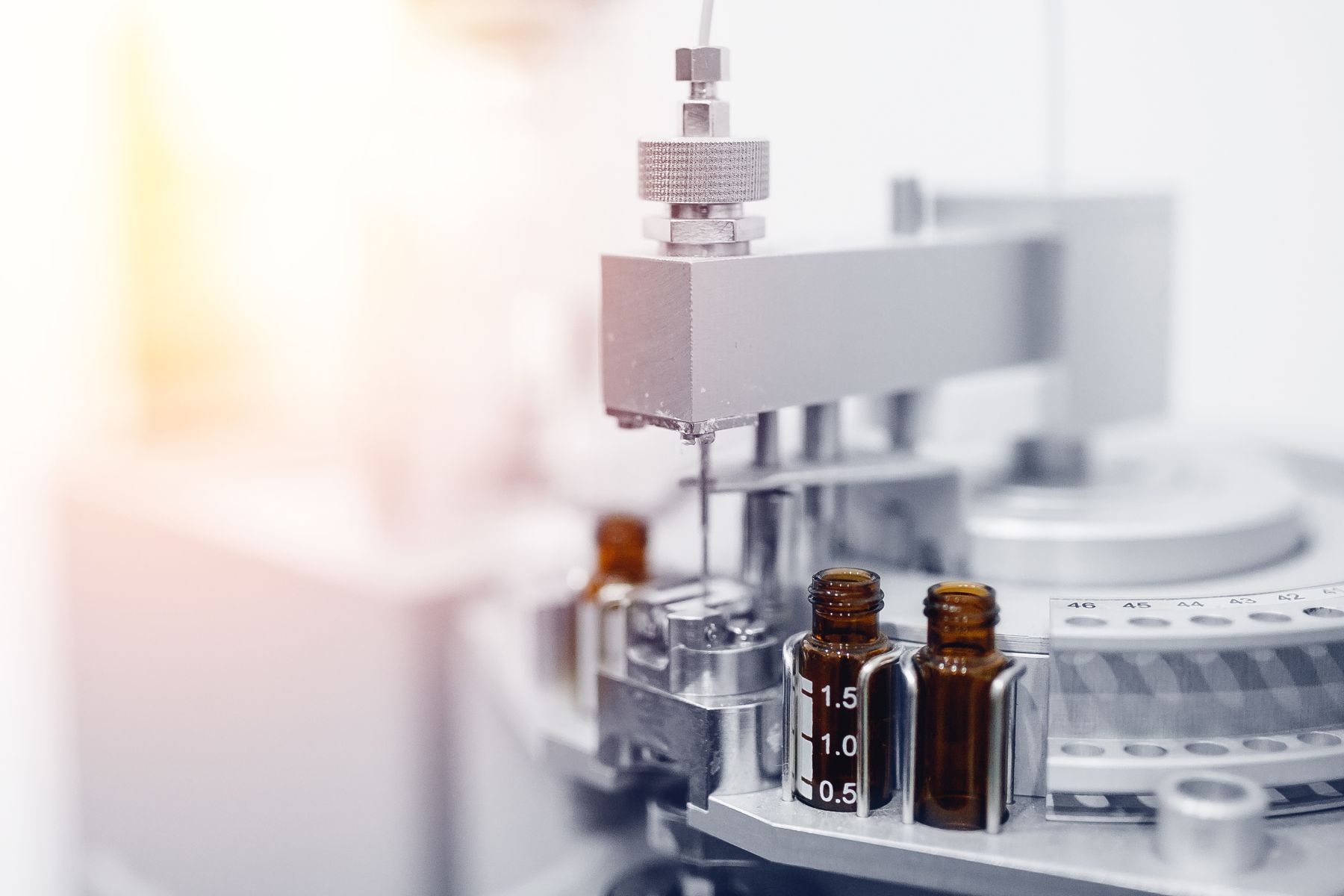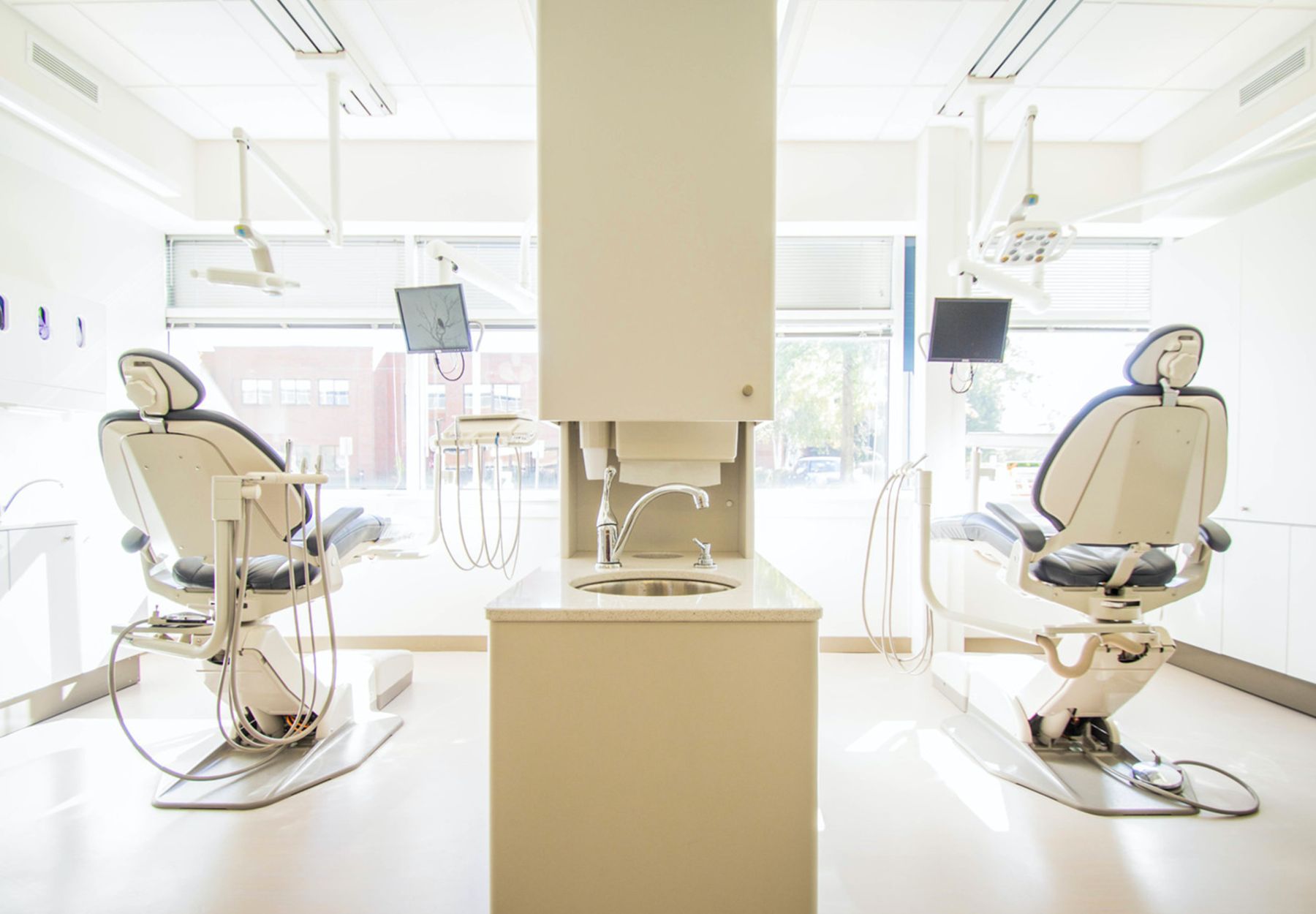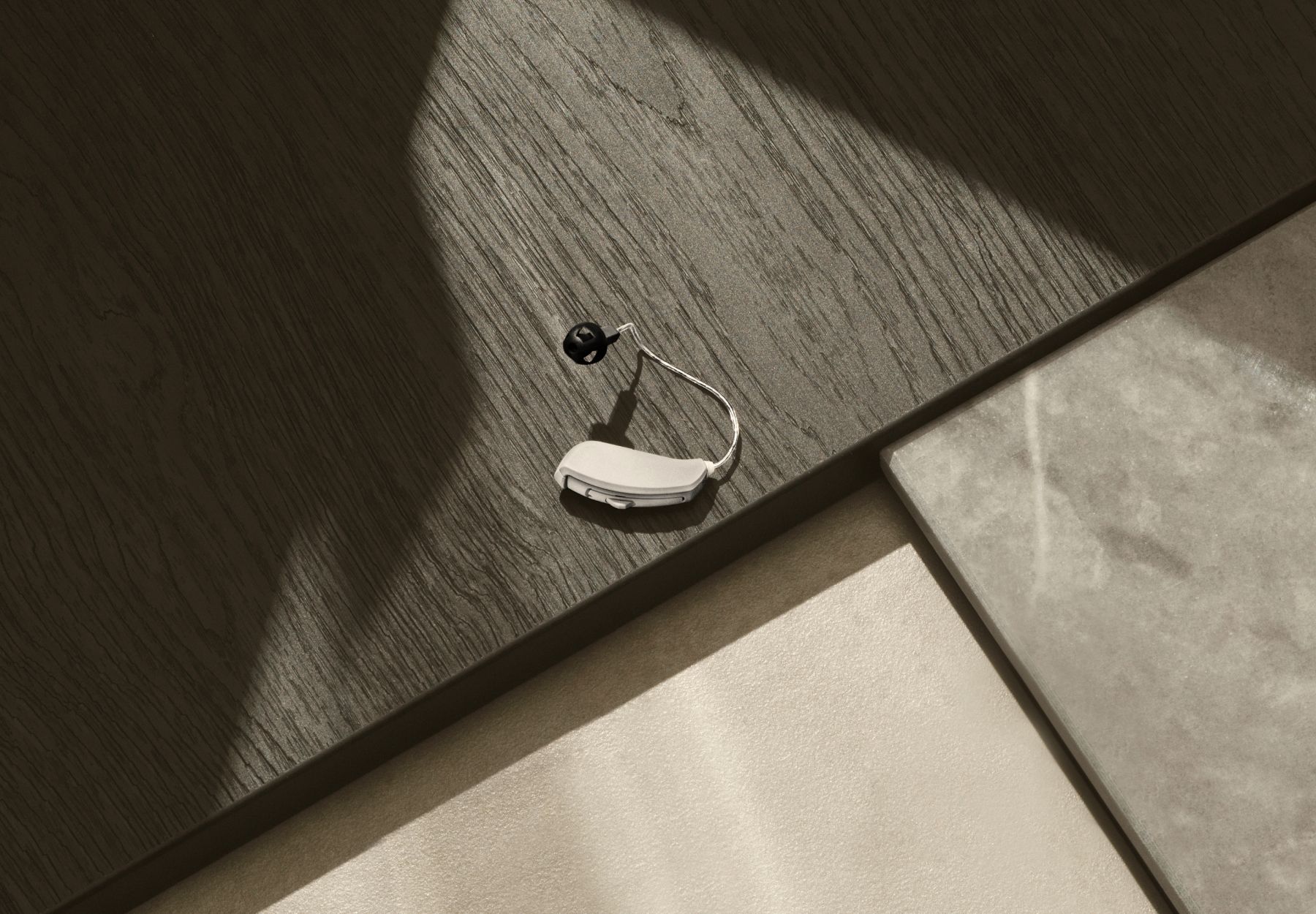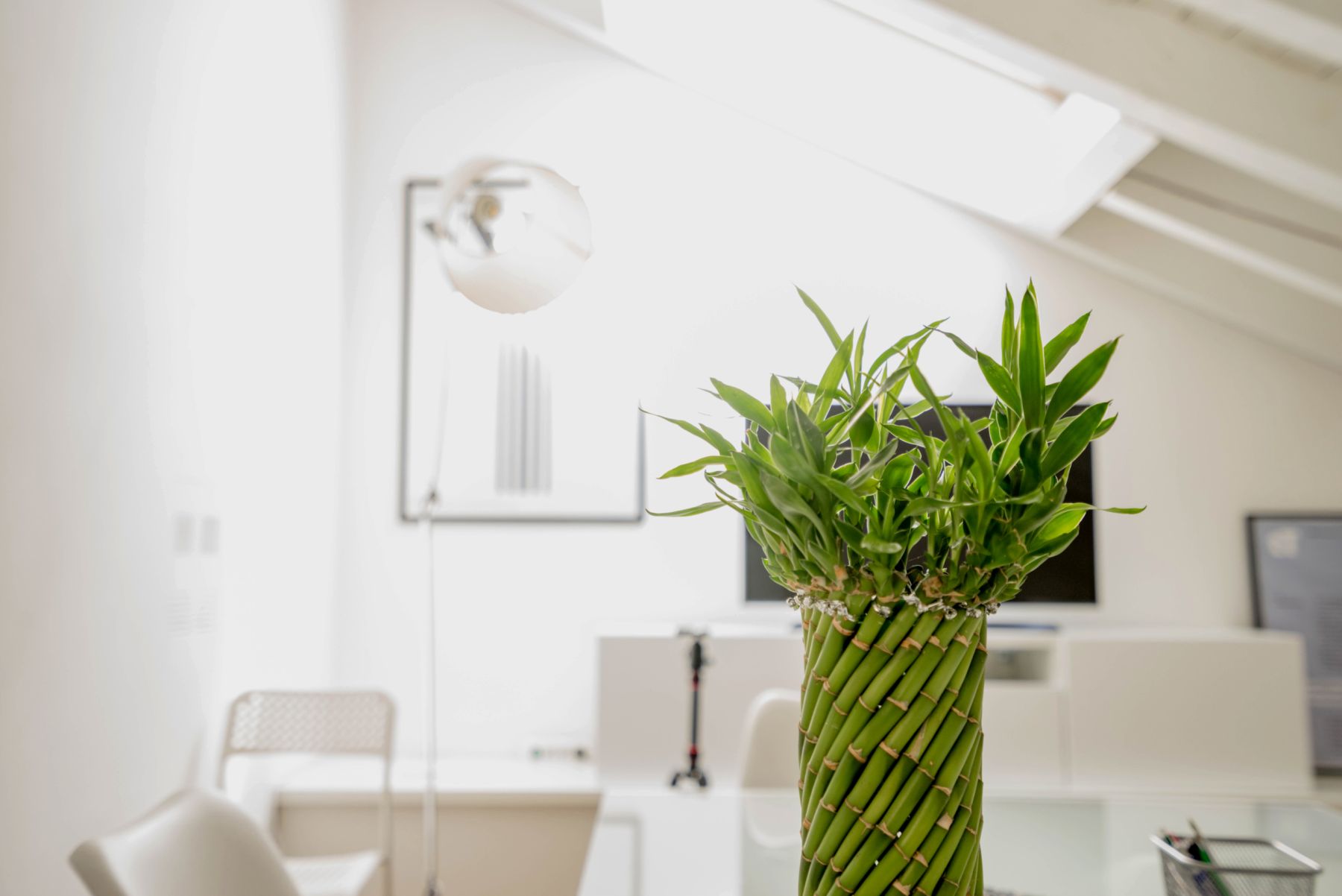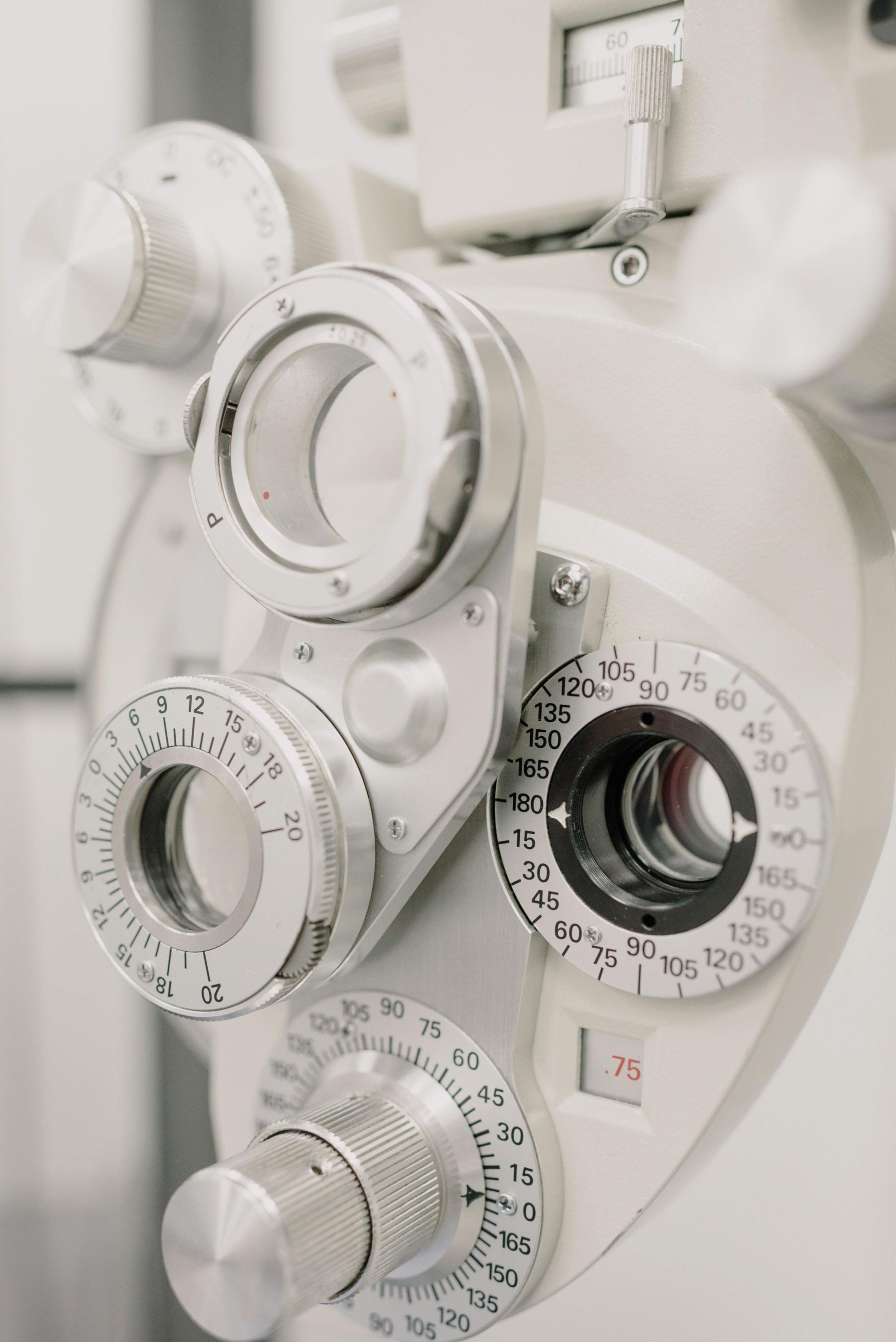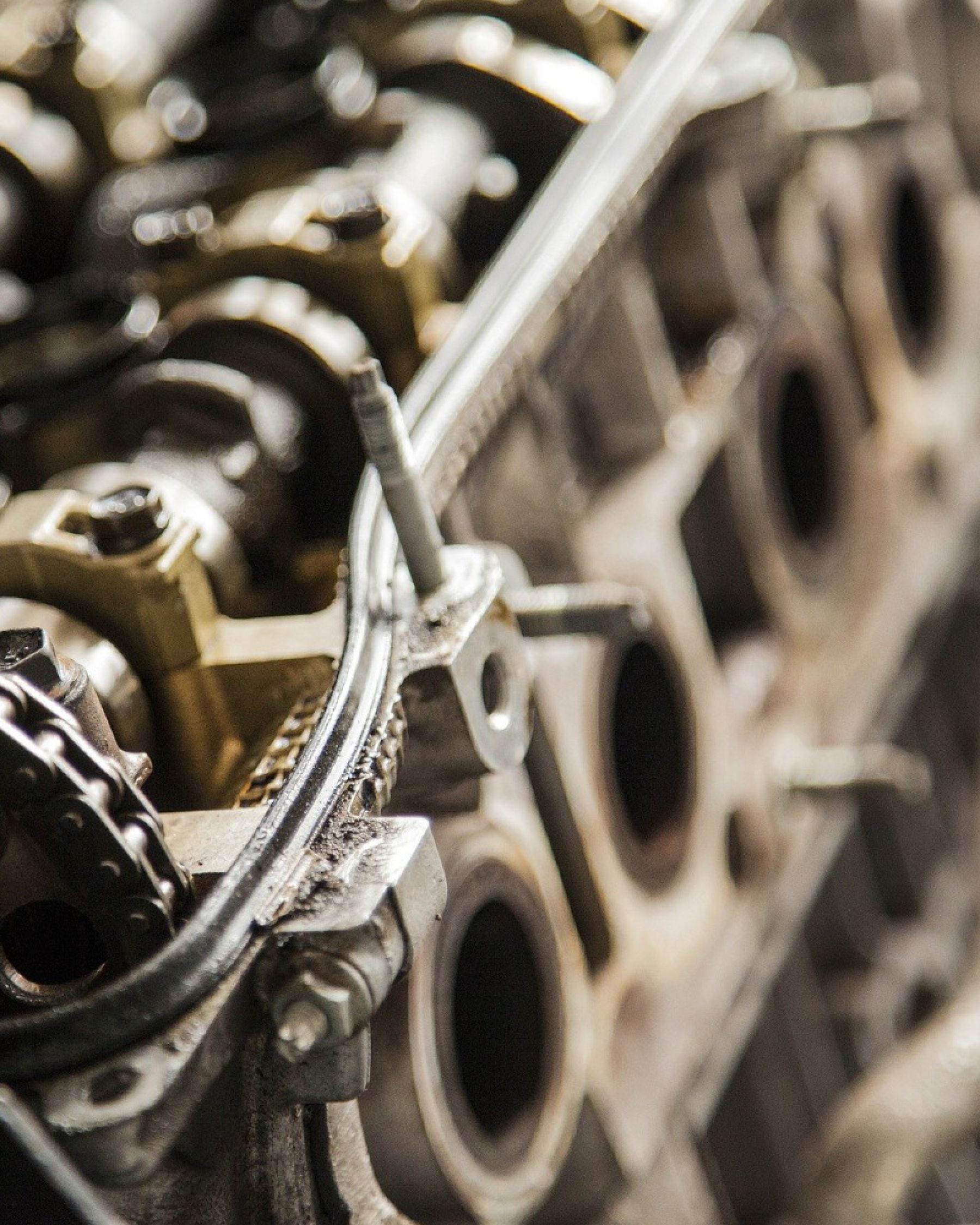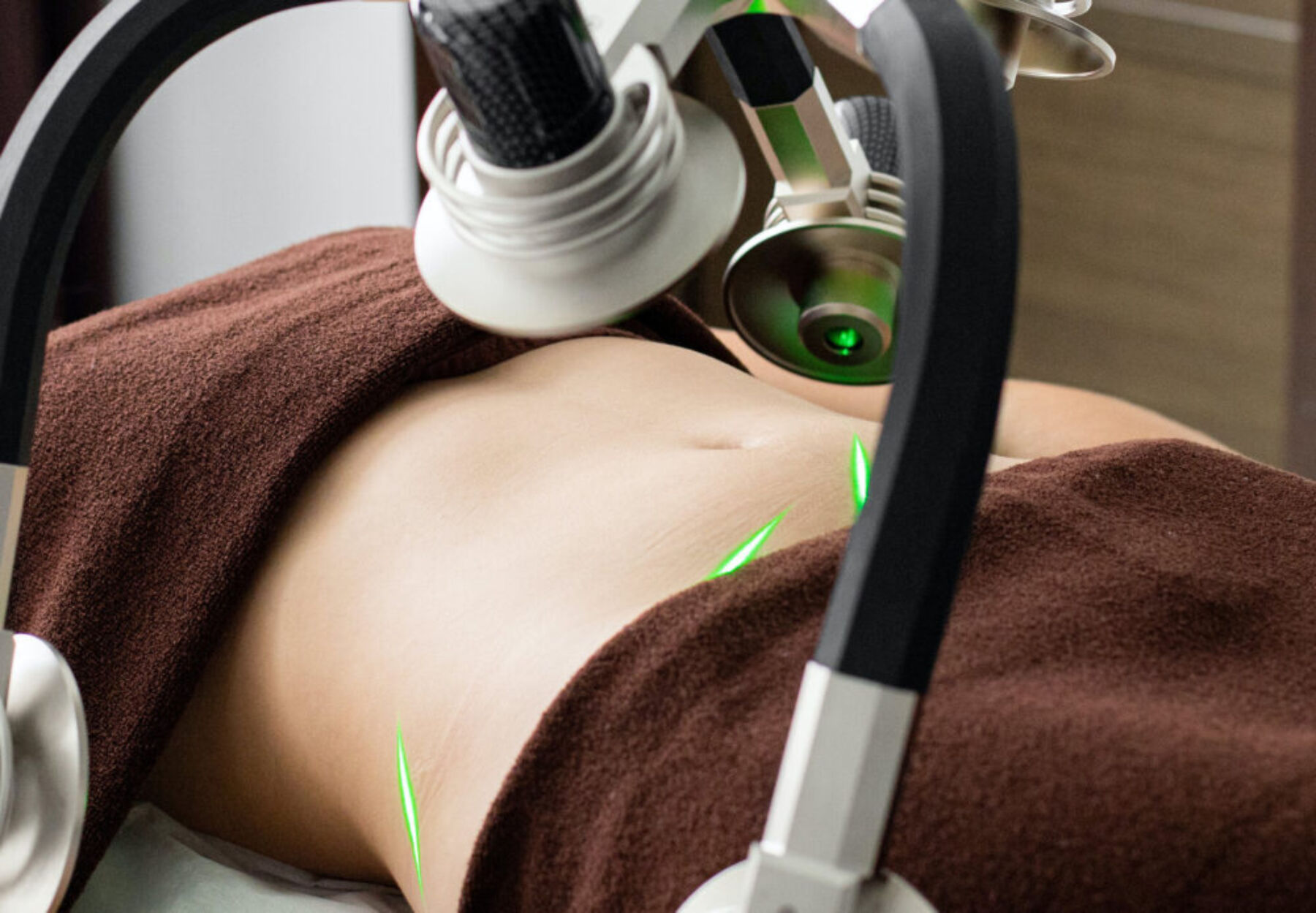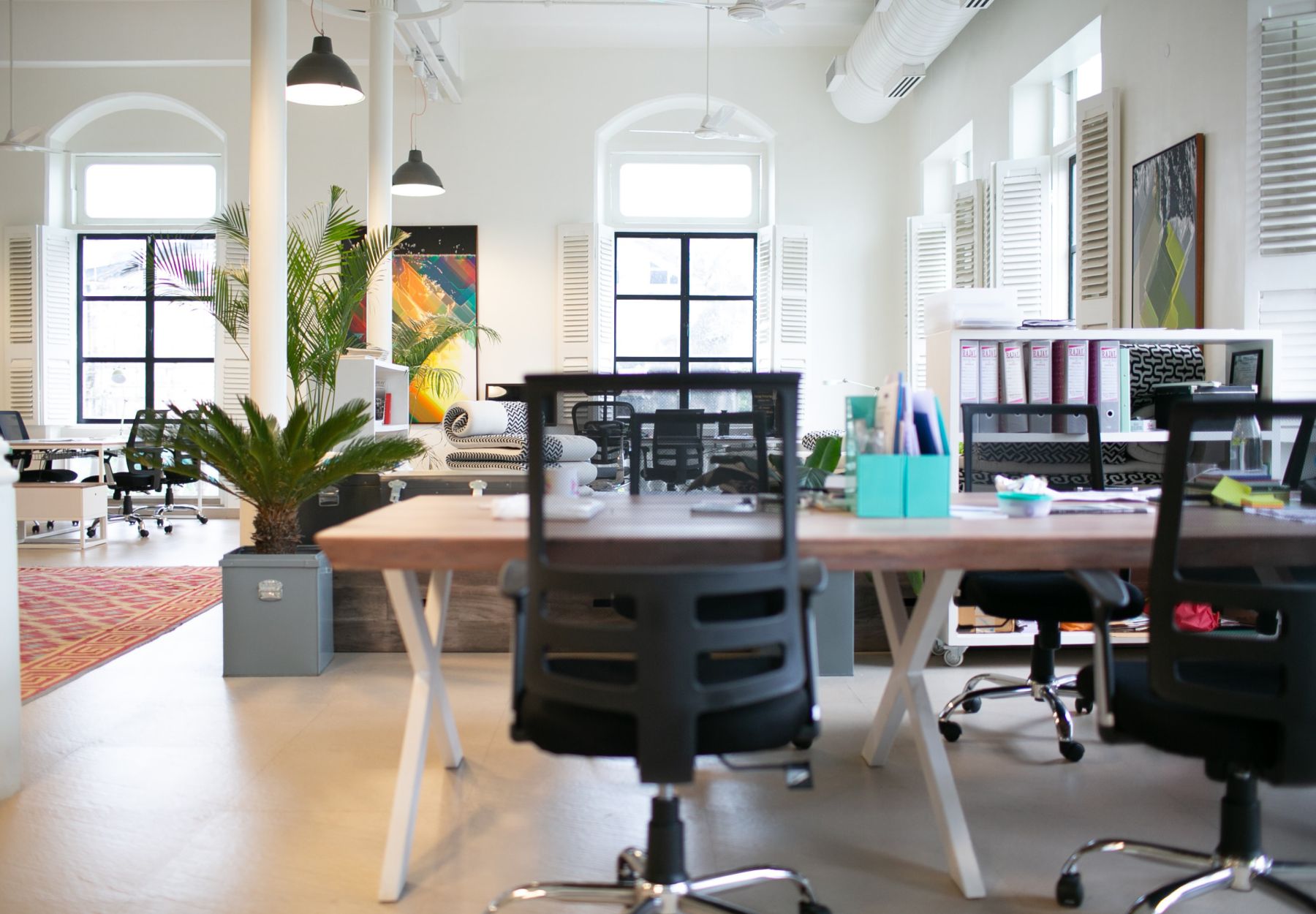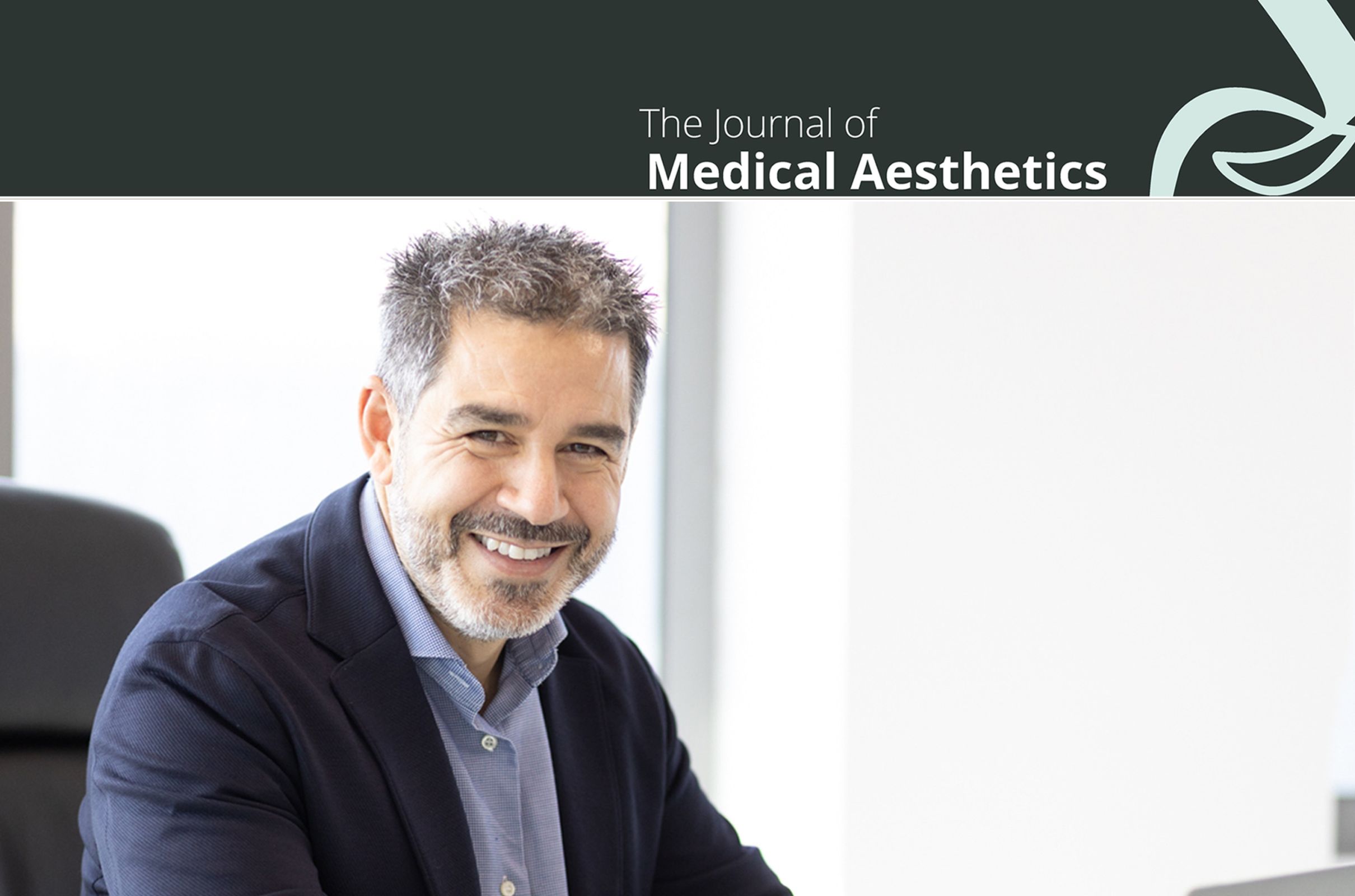Ross : Tell me about yourself?
Miguel: My name is Miguel Pardos, I was born and raised in Barcelona, after graduation I joined GE HealthCare taking different management roles in Spain, Germany, Australia and Singapore.
I joined Syneron in 2009 as a VP APAC where I spent five and a half years then I joined Cutera, Inc. as an Executive VP International.
I was named CEO of Cocoon Medical in June 2019, Sinclair acquired Cocoon in April 2021, after the acquisition I remained as a CEO of EBD division and in June 2022 I was named CEO of Sinclair Group (Injectables and EBD).
From a business perspective, can you give me an overview of the size of the business and the operation that you currently lead with?
Today Sinclair has 710 employees, plus 300 additional members of staff based in China, and it is still growing. We have subsidiaries in 14 markets including Spain, Italy, UK, Germany, Mexico, Colombia, Chile, Hong Kong, China and North America. Each of the major territories have a subsidiary with a full team in place including Finance, Human Resources, Regulatory, Commercial and a Marketing team.
We are based in 70 countries, and we have around 90 distributors to help us to ship selling our products. In addition to our subsidiaries, we are still working to prepare the team for future growth. Currently in the United States right now, we have 50 people and around half of these are in sales positions to help drive the company forward. We are trying to increase our reach and have a presence in most of the major states in America. In the last 12 months we’ve been working hard to create solid Salesforce capabilities. We also started operating in Canada from the 2nd half 2023.
What challenges have you faced from moving on and being a smaller part in a huge company to being in the biggest part of a smaller company?
The biggest challenge for me personally was moving from GE to Syneron. Despite it being one of the biggest in the industry, I came from a company worth $12 billion and went to a company which was worth $120 million. This reduction in size means you have to learn how to be accountable for many things and how to be more creative - but that's all part of the challenge.
It forces you to be even smarter and more resourceful. You have to maximise your time and your resources, along with managing a limited budget. Overall, it was a very positive challenge and once you get into that habit of running a smaller company, it doesn't matter about the P&L size, I think what matters is the complexity of the business.
Once you get into the challenge of moving to another company, it isn’t very different because many of them operate in a very similar environment. Whilst at Cocoon, the challenge was around getting the right processes in place and how to make key people in the company run the company much more efficiently. There was also the need to develop how we showcased the company and targeted the strategy towards investors and learning how to make the road shows much more attractive for a company that wasn’t well-known.
My job in the previous company was much more operational. It was based around hitting revenue targets and getting the commercial team ready. We had to put the Commercial Team, Finance, R&D, and Marketing together and it was a much more comprehensive job in Cocoon. Again, you learn skills that you didn't have or didn't use previously, and it was a good experience where I learned a lot which helped me to focus on the long term rather than the day-to-day operation.
My career has always been centred in building up teams, bringing in revenue and attracting high-performing people. But, you are limited on the way that you operate, taking the CEO role at that time was a good move for me to start thinking more at a global scale, you set out the vision and the mission of the company based on what is the best interest for the company.
You mentioned three key words there; history, values, mission. What does it mean to be part of Sinclair now, what is the mission that you're on and what is your why?
Sinclair historically has done a pretty good job. It is a solid company with premium branding that is always there for their customers. This kind of company doesn't happen overnight. It’s a long process of creating trust with our customers, doctors and patients.
My job is to continue developing this premium brand and to elevate it as much as we can because at the end of the day, we all know that everyone wants premium products. The question is whether you can afford to pay for it, that’s the key difference. If you asked anyone in the street if they would rather have a MINI or a BMW, I guess most people would say they’d prefer a BMW. Premium is part of our DNA, every single human being wants to have the best. In particular when it comes to taking care of yourself.
Premium to me means a number of things, such as the values of the company, the level of customer service, the marketing, the product quality and the packaging. In order for us to succeed, the whole company has to be aligned at every step of the process. For me it doesn’t mean just that the product is excellent, that’s just one part of a premium offering. Premium is, for example, contacting Sinclair and somebody telling you the right information on the phone and giving you the service you need immediately. Alternatively, if you order something and you have a query about it having someone there who will fix your problem promptly.
It must come from everywhere in the company. From the person who manufactures the product, the person who designs the packaging or delivers the product and installs the systems for the customer. We have to change everything that we know, because it’s not just marketing. At the end of the day people think with marketing you can just elevate the brand but it’s more than that, it is about being premium in every single aspect of the business and creating a higher value proposition for our customers.
In order to do that, the first thing that we must do is have the right vision and mission. The people at the company at every level must know that we are a premium company. The vision has to be clearly stated that the company is striving to offer first class service and products. For that you have to hire the right people to align company vision and employees.
Once the right people have been hired, it’s all about providing the right training, the right career path, the right incentive and retention plans. We are innovative, we invest in R&D because we want to become leaders in R&D, and bring the market the best product - that’s innovation. As a premium company, you don't want to be a follower, you want to be a leader. You want to be the first to market with innovative products. That is what creates company value, customer value, employee value and shareholders value. So that’s the type of premium that I would like for Sinclair. My contribution to Sinclair today is to create this premium culture within the company.
What are the main ways that you've applied innovation to the other parts of the business to gain an advantage over the big competitors?
My whole career has been within medical devices, whether it's GE or an aesthetic capital equipment business. In many ways it’s different to an injectables business. Even though we play on the same market, we are hugely different on the approach to customers and the go-to-market strategies.
For me one area of innovation is the integration between Injectables and EBD, this requires a lot of innovation and investments in R&D to come up with the protocols to combine products and at the end bringing the new product to the market. Another very promising area is robotics. Robotics is the future for everyone, whether that’s injectables or EBD, it’s going to happen and for me it’s part of my vision of R&D process - how do we add the robots into the portfolio of Injectables and EBD?
Most of the companies are focused on Injectables or EBD but very few have both business, which makes us very much attractive to customers to provide combined treatments. If you look at us today, we are one of the few companies with a large portfolio of injectables and EBD products.
We have so many different technologies within EBD, which we can combine with our injectables portfolio. This means we have much more market opportunities and that is what makes us unique.
When you said earlier that I’m a small fish in a big pond, that was true. But, if you look at the company in terms of our offering, we are one of the most diversified companies in the market. We are one of the smaller companies with one of the biggest number of offices in the world. We are in a situation where as long as we continue doing what we are doing we can continue providing innovation to our customers, whether it's via M&A, via our inhouse R&D or alliances and collaboration with other companies.
We also have two research centres that we collaborate with, one is located in Geneva and the second one is in Brussels. We have a wide portfolio of products and within the next 12-18 months, the portfolio will increase significantly. So even though we are small, our aim is to provide the same service as large companies. We shall be able to bring innovation into the market and to our customers.
Ross: What do you predict as the big development or game changer in the next 5-10 years that will have the biggest impact on the market or consumer?
Miguel: In my mind there are two. The first one is regenerative medicine, the other one I mentioned before is robotics. I believe robotics will be the future very soon, there have already been one or two companies to launch new robotics. We're going to see more and more robotics, to replace operators doing what we call repetitive treatments where operators don’t need a high level of skills, where every day operators do exactly the same treatment or the same movement for 10 hours. There will also be efficiencies – robots mean less running costs because the robot doesn’t need to eat, it doesn’t need training, it works 24/7 and never gets tired. I think that one of the biggest challenges today for any clinic or chain of clinics is their personnel, to keep them motivated and to train them. On top of this is the accuracy of the robots, it’s mind-blowing. I believe that robotics and regenerative medicine will be the game changer in the next 5-10 years, you can see many companies looking into emerging technologies right now and of course Sinclair is exploring those two.
What companies do you recognise that are doing something particularly impressive or ground-breaking that is making a real difference? This doesn’t necessarily have to be in aesthetics.
Elon Musk is doing a great job on AI so what he's doing is going to change the future. But, if you look into the aesthetics business specifically there aren’t many big breakthroughs. There isn’t much development in aesthetics nowadays, but I hope it will change soon and we can see more innovation during the next few years. In Sinclair we are committed to innovation, and I hope the whole aesthetic industry continues investing in R&D and innovation for the good of the market and our customers.
We have 10 different technologies plus injectables - which is unique for a company today. Sinclair is also going to bring new combined treatments based on what we have today in our portfolio and new areas which we are going to invest in to develop.
I believe there are companies right now looking into what we are doing and how we are advancing. In particular, when it comes to integrating Injectables and EBD. I think that they will be watching preparing to follow our path if they see that what we are doing is positive for customers and patients.
In response to your question, there are many unknown companies today who have robotics, and regenerative medicine and they are doing a great job. But no one knows their name. To be honest with you, it is our job as the leading CEOs in aesthetics to support these companies to bring these products to light. Because if we don’t do that, most of these companies will not be able to bring their products to the market.
What exciting things does 2023 and beyond hold for Sinclair?
We started last year with new branding which has been massive for us, you see us everywhere and know our name. This is something that our leadership team is very passionate about, working with different social media channels as it’s the best tool to market our products. The only thing you will see is as I mentioned before, is a more integrated process.
My vision is to try to close any technology gaps we might have to make Sinclair stronger than ever before. I know exactly what my team is capable of and what we can achieve in the next 12 to 24 months. I understand the go-to-market is important for all the companies. So based on that, we are targeting a few companies to help us bring innovative products to our portfolio. You will see much more branding and more marketing coming soon.
In terms of geographies, the company will continue to expand. We are going to be much more aggressive in certain areas where we didn't perform well. Adding an EBD portfolio will help us to be much more competitive. It's a very exciting time for Sinclair that will bring Sinclair to a different league in terms of our portfolio and geographic expansion.
Thank you very much for your time Miguel.
